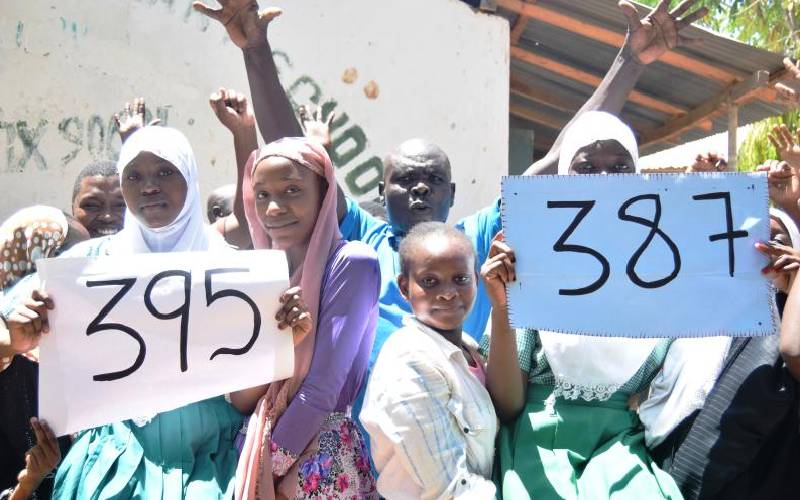
The release of 2021 Kenya Certificate of Secondary Education (KCSE) examination results on April 23 sparked the usual celebratory media coverage showing photos of top candidates on the front page of newspapers and reporting how they accomplished their feats.
While top scorers and their teachers deserve the accolades, a wider discussion should be initiated about the hundreds of thousands of students who performed poorly. This discussion is highly pertinent since the 2021 KCSE results are indicative of a longer-term trend: there has been no significant improvement in learning outcomes over the last few years.